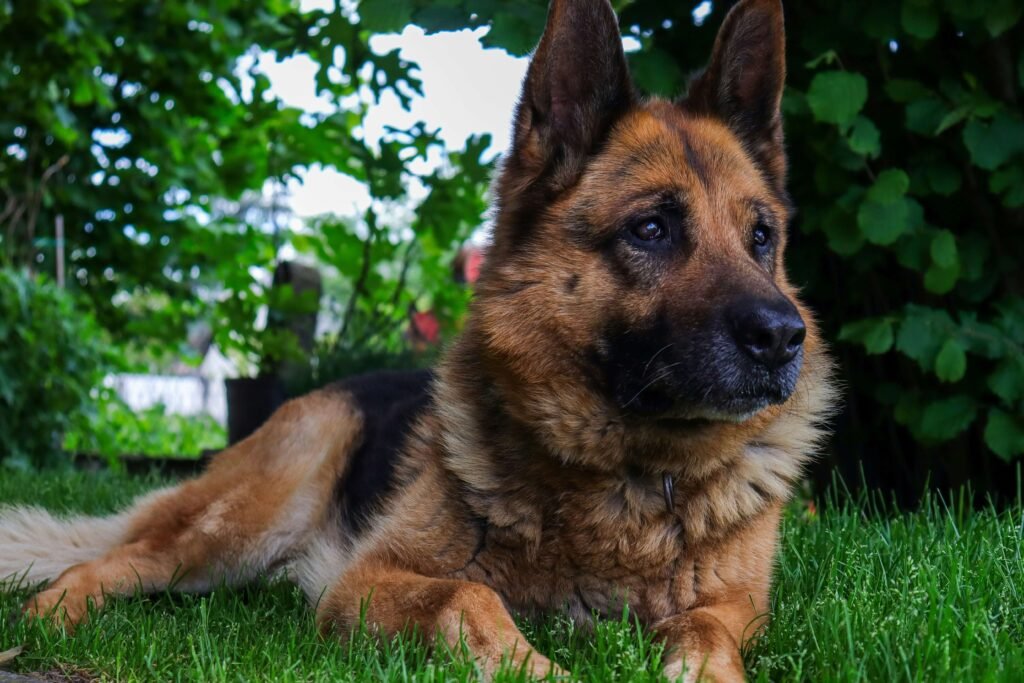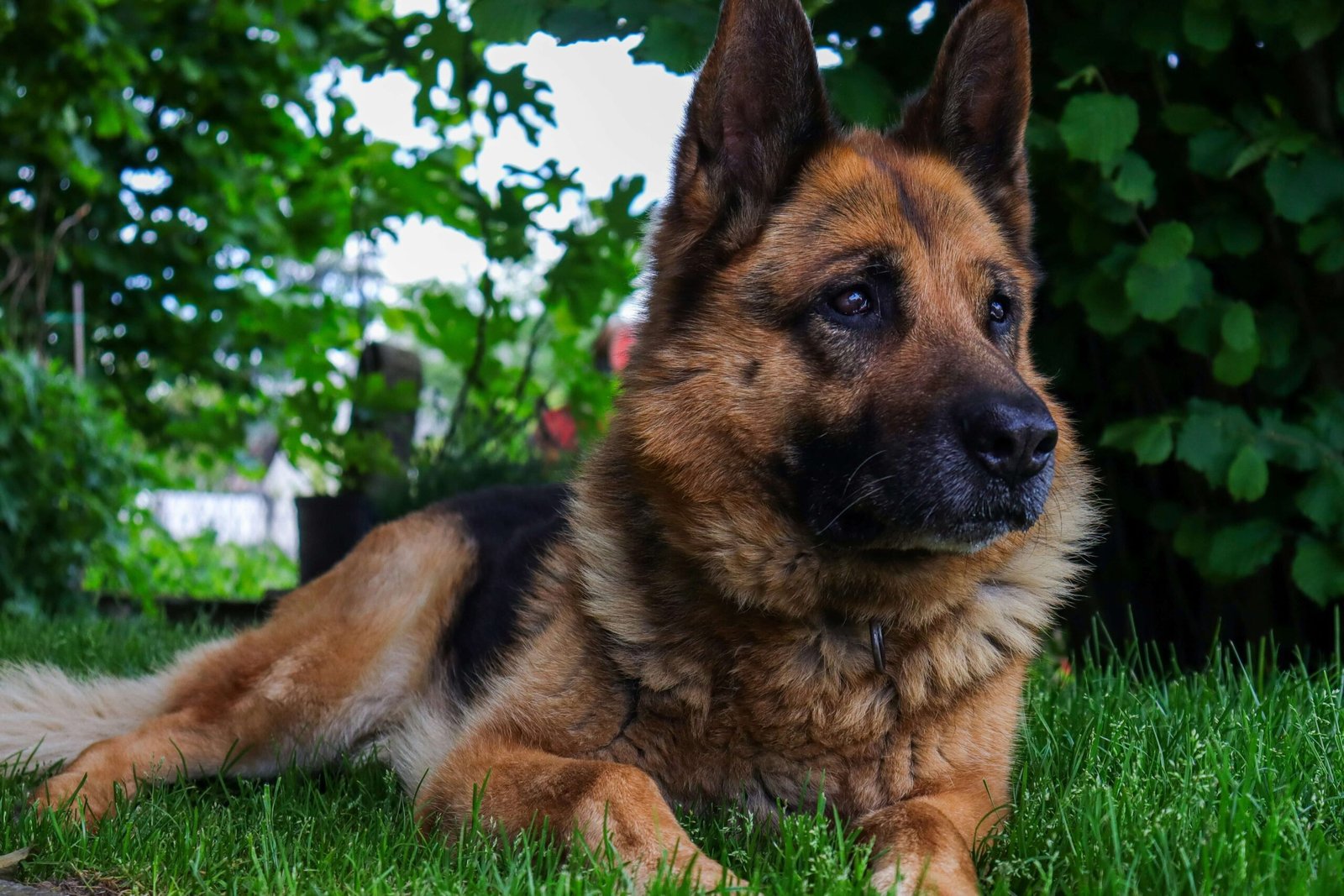Understanding Dog Thyroid Cancer: A Guide for Pet Owners
When it comes to our furry companions, their health is always a top priority. Unfortunately, just like humans, dogs can also develop serious conditions such as thyroid cancer. While relatively rare, thyroid cancer in dogs can be aggressive and requires prompt attention. This guide aims to shed light on this condition, its symptoms, diagnosis, treatment options, and how you can support your beloved pet through their journey. Whether you’re a concerned dog owner or simply want to stay informed, this article will provide valuable insights into managing and understanding dog thyroid cancer.
What Is Dog Thyroid Cancer? Key Facts to Know
Thyroid cancer in dogs occurs when abnormal cells grow uncontrollably in the thyroid gland, which is responsible for regulating metabolism. Understanding the basics of this condition is crucial for early detection and effective management. Here are some important points to consider:
Thyroid tumors in dogs can be benign (non-cancerous) or malignant (cancerous).
Malignant thyroid tumors are more common in older dogs, typically aged 9-11 years.
Certain breeds, such as Golden Retrievers and Beagles, may have a higher predisposition to thyroid cancer.
The thyroid gland is located in the neck, making visible lumps or swelling a potential sign of concern.
Early detection significantly improves the prognosis and treatment outcomes for affected dogs.
By familiarizing yourself with these facts, you’ll be better equipped to recognize potential warning signs and seek veterinary care promptly.
Symptoms of Dog Thyroid Cancer: What to Watch For
Identifying the symptoms of thyroid cancer in dogs can be challenging, as they often mimic other less serious conditions. However, being vigilant about changes in your dog’s behavior or physical appearance can make all the difference. Here’s what you should look out for:
Swelling or a lump in the neck area, near the throat.
Difficulty swallowing or breathing, especially during meals or exercise.
Changes in bark tone or hoarseness that persist over time.
Lethargy, weight loss, or a noticeable decrease in appetite.
Behavioral changes, such as increased irritability or restlessness.
If you notice any of these symptoms, it’s essential to consult your veterinarian immediately. Early intervention can greatly improve your dog’s quality of life and treatment success.
Check this guide 👉The Costs of Dog Tumor Removal: Best 7 Expert Tips!
Check this guide 👉The Cost of Dog Mammary Tumor Removal: Best 7 Health Tips!
Check this guide 👉Understanding Dog Spleen Tumor Ultrasound: Best 7 Tips!

Signs of Dog Thyroid Cancer | Steps to Take |
|---|---|
Visible lump or swelling in the neck | Schedule an appointment with your vet |
Persistent coughing or wheezing | Monitor respiratory issues closely |
Sudden weight loss | Track dietary habits and consult a vet |
Hoarse or altered bark | Rule out infections or injuries first |
Unexplained fatigue | Ensure adequate rest and hydration |
Diagnosing Dog Thyroid Cancer: What to Expect
Once you suspect your dog may have thyroid cancer, the next step is obtaining a proper diagnosis. Veterinary professionals use various methods to confirm the presence of thyroid tumors and determine their severity. Here’s an overview of the diagnostic process:
Physical examination to assess the size and location of any lumps.
Blood tests to evaluate thyroid hormone levels and overall health.
Ultrasound imaging to visualize the tumor and check for metastasis.
Fine needle aspiration biopsy to collect tissue samples for analysis.
Advanced imaging techniques like CT scans or MRIs for detailed evaluation.
A thorough diagnostic process ensures accurate identification of the cancer type and stage, enabling your vet to recommend the most effective treatment plan.
Treatment Options for Dog Thyroid Cancer: Exploring the Possibilities
Treating thyroid cancer in dogs depends on several factors, including the tumor’s size, location, and whether it has spread. Fortunately, there are multiple approaches available to manage this condition. Here’s a breakdown of the most common treatment options:
Surgical removal of the tumor, which is often effective if detected early.
Radiation therapy to target and destroy cancerous cells.
Chemotherapy for cases where the cancer has metastasized.
Hormone therapy to regulate thyroid function post-surgery.
Palliative care to improve quality of life in advanced stages.
Discussing these options with your veterinarian will help you make informed decisions tailored to your dog’s specific needs.
Living with a Dog Diagnosed with Thyroid Cancer: Practical Tips
Caring for a dog diagnosed with thyroid cancer requires adjustments to their daily routine and environment. These changes can help improve their comfort and overall quality of life. Here are some practical tips to consider:
Create a calm and stress-free home environment to support your dog’s emotional well-being.
Provide soft bedding to ensure they rest comfortably, especially if mobility is affected.
Offer small, frequent meals if swallowing becomes difficult due to the tumor.
Monitor their activity levels and avoid overexertion during walks or playtime.
Keep a journal to track symptoms, medications, and any changes in behavior for your vet’s reference.
By implementing these strategies, you can make your dog’s day-to-day life more manageable while navigating their treatment journey.
Nutritional Support for Dogs with Thyroid Cancer
Proper nutrition plays a critical role in supporting a dog’s immune system and overall health during cancer treatment. Tailoring their diet to meet their specific needs can aid in recovery and enhance their energy levels. Consider the following dietary recommendations:
Choose high-quality protein sources to maintain muscle mass and support healing.
Incorporate nutrient-rich vegetables like carrots or green beans for added vitamins and fiber.
Avoid processed foods or ingredients that may contain artificial additives or preservatives.
Consult your vet about supplements like omega-3 fatty acids to reduce inflammation.
Ensure access to fresh water at all times to prevent dehydration.
A balanced and thoughtful diet can significantly contribute to your dog’s resilience and well-being throughout their treatment.
Emotional Support for Pet Owners Facing Dog Thyroid Cancer
Caring for a dog with thyroid cancer isn’t just physically demanding—it can also take an emotional toll on pet owners. Acknowledging your feelings and seeking support can help you stay strong for your furry companion. Here are some ways to cope:
Join online forums or support groups to connect with other pet owners facing similar challenges.
Practice self-care by setting aside time for activities that bring you joy and relaxation.
Lean on friends or family members who understand the bond you share with your dog.
Educate yourself about the condition to feel more empowered in decision-making.
Celebrate small victories and milestones in your dog’s treatment journey.
By prioritizing your emotional health, you’ll be better equipped to provide the love and care your dog needs during this challenging time.
Frequently Asked Questions About Dog Thyroid Cancer
What causes thyroid cancer in dogs?
The exact cause is unknown, but genetics, environmental factors, and age may play a role.
Is thyroid cancer painful for dogs?
It can cause discomfort, especially if the tumor presses on surrounding tissues or affects swallowing.
Can thyroid cancer spread to other parts of the body?
Yes, malignant tumors can metastasize to nearby lymph nodes or distant organs like the lungs.
How long can a dog live with thyroid cancer?
With early treatment, many dogs can live several years, though prognosis varies based on the cancer stage.
Are there preventive measures for thyroid cancer?
While prevention isn’t guaranteed, regular vet check-ups and a healthy lifestyle can reduce risks.
Supporting Your Dog Through Their Journey
Dealing with dog thyroid cancer can be emotionally taxing, but remember that your love and care play a vital role in your pet’s recovery. By staying informed, seeking timely veterinary assistance, and exploring available treatment options, you can give your dog the best chance at a happy, healthy life. Keep an eye out for symptoms, maintain open communication with your vet, and prioritize your dog’s well-being above all else. Together, we can ensure our furry friends receive the compassion and support they deserve throughout their battles with illness.
Do Cats Have Taste Buds? Best 7 Expert Tips! – Discover how cats experience flavors and why their taste is so unique.
Do Dogs Have Taste Buds? Best 7 Expert Tips! – Discover how dogs experience taste, their preferences, and what it means for their diet and health.
Can Cats Taste Sweet? Best 7 Expert Tips! – Discover why cats can’t taste sweetness, how it affects their diet, and tips to keep them healthy and happy.
Can Dogs Taste Sweet? Best 7 Expert Tips! – Discover how dogs perceive sweetness, which foods are safe, and tips to manage their sweet cravings responsibly.





